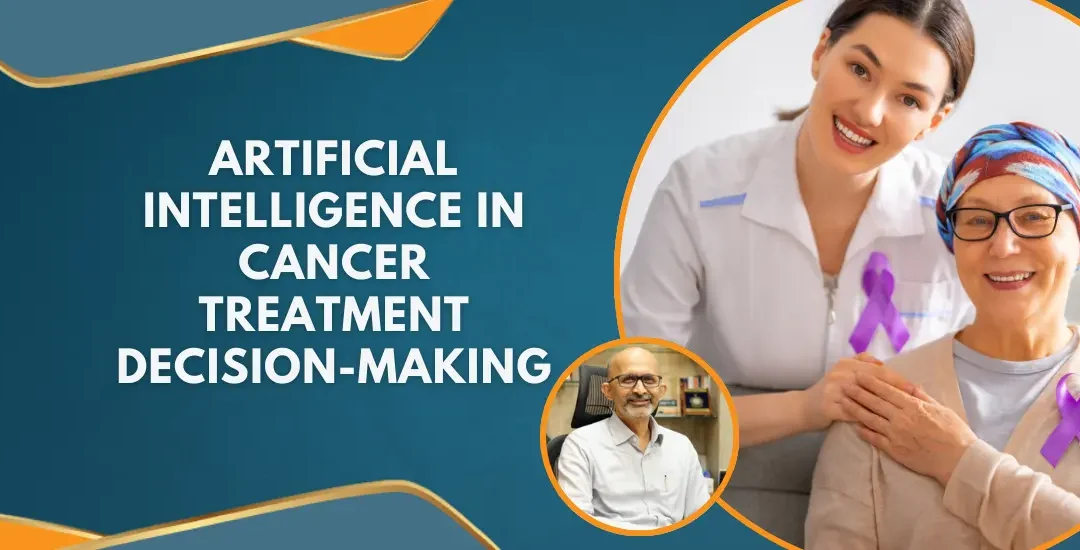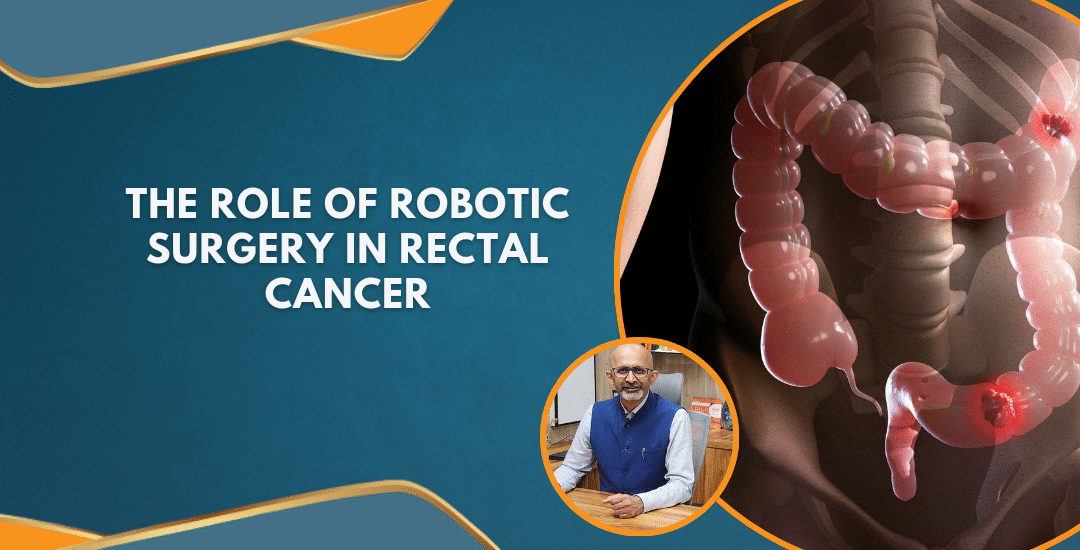
Why Price Capping Fails: Lessons from History and the Future of Indian Healthcare
Key Takeaway:
Price controls—whether on alcohol, rent, or healthcare—consistently lead to shortages, declining quality, and corruption. For Indian healthcare to thrive and innovate, a transparent, profitable, and patient-focused free-market approach is essential.
Introduction: The Hidden Costs of Price Controls
Imagine needing a medical scan or a doctor’s appointment, only to wait weeks or even months for your turn. While price capping is often introduced with the best intentions—to make healthcare more affordable—history and global experience show that it can backfire, leading to scarcity, lower quality, and even corruption. As India debates price controls in healthcare, it’s crucial to understand what’s at stake.
Imagine walking into a store and finding empty shelves, or searching for an apartment only to discover none are available—or worse, the ones you find are in poor condition. These are not just hypothetical scenarios; they are the real-world consequences of government-imposed price caps. While the intention behind price controls is often to make essential goods and services more affordable, history shows that such policies usually backfire, harming the very people they aim to help.
Historical Lessons: When Good Intentions Go Wrong
Alcohol:
In the early 1970s, the United States government tried to control inflation by capping prices on a wide range of goods, including alcohol. The result? Shortages, black markets, and a surge in illegal sales. Instead of making alcohol more accessible, these controls led to lower quality and increased corruption .
Rent:
Cities like New York and San Francisco have long histories of rent control. While a lucky few enjoy below-market rents, most renters face a shrinking supply of available apartments, deteriorating building conditions, and higher prices elsewhere. Studies show that rent control reduces the quantity and quality of housing, and often benefits the well-connected rather than those most in need .
Healthcare:
Attempts to cap healthcare prices in the U.S. and elsewhere have led to hospital closures, reduced quality of care, and longer wait times. When hospitals can’t cover their costs, they cut services or close altogether, leaving patients with fewer options and lower standards of care .
|
Sector |
Example/Policy |
Key Outcomes |
|
Alcohol |
Nixon’s Price Controls (1971) |
Shortages, black markets, lower quality |
|
Rent |
NYC Rent Control |
Housing shortages, poor maintenance, higher rents |
|
Healthcare |
US Hospital Price Caps |
Service cuts, hospital closures, declining quality |
Scarcity Breeds Corruption: Lessons from Around the World
Whenever governments artificially cap prices, they create scarcity—demand outstrips supply, and not everyone can get what they need. This scarcity opens the door to corruption and black markets, especially in essential sectors like healthcare.
Historical and Global Examples:
|
Country/Region |
Sector |
Price Control Outcome |
Corruption/Black Market Result |
|
Venezuela |
Healthcare |
Severe shortages of medicines, supplies |
Bribery for access, black market sales, diversion of supplies by officials |
|
USA (WWII) |
Food/Medical |
Rationing, shortages |
Black markets for meat, bribes to circumvent rationing |
|
USA (1970s) |
Gasoline |
Long lines, shortages |
Bribes, favoritism, black market gasoline sales |
|
Romania/Eastern Europe |
Healthcare |
Shortages of medicines/services |
Bribery for access, informal payments to staff |
Key Finding:
When price controls create scarcity, those with connections or money find ways to jump the queue, while ordinary people are left waiting—or paying bribes for basic care.
Healthcare Economics: Why Quality Needs Profitable Investment
Healthcare is unique—it’s both a vital service and a business. Hospitals invest heavily in advanced equipment, skilled staff, and innovative treatments like robotic surgery. These investments are only possible if hospitals can earn a fair return. If price caps are imposed:
- Capital Expenditure (Capex) Suffers: Hospitals may delay or cancel investments in new technology, leading to outdated care.
- Quality Declines: With squeezed margins, hospitals cut corners—less staff, older equipment, and longer wait times.
- Innovation Stalls: No one wants to lose money. If providing high-quality care isn’t profitable, new techniques and technologies simply won’t arrive.
Key Finding:
In a free market, prices reflect the true cost of quality care. Artificially low prices force providers to compromise on quality or exit the market altogether .
The Reality of Waiting: How the US and UK Struggle with Access
Despite their wealth, both the US and UK are grappling with long waiting times for routine healthcare—an outcome often linked to price controls and system constraints.
NHS (UK) Waiting Times (2024–2025)- Entirely government run.
- GP Appointments: 56% are same-day, but 2.2% wait 28+ days.
- Outpatient Appointments: Median wait is 13.3 weeks; only 59.8% seen within the 18-week target.
- Diagnostic Scans: Median wait is 2.4 weeks, but 18.4% wait over six weeks. For CT scans, 57% wait more than six weeks.
US Healthcare Waiting Times (2024–2025)
- New Patient Appointments: Average wait is 31 days in major cities; some specialties and cities are much longer.
- Diagnostic Scans: Waits of a week or more are common, especially for non-urgent cases and in areas with fewer providers.
|
Service Type |
UK (NHS) Median/Typical Wait |
US Average/Typical Wait (2025) |
|
GP Appointment |
Same day: 56%; 28+ days: 2.2% |
Family medicine: 23.5 days |
|
Outpatient Appointment |
Median: 13.3 weeks |
New patient: 31 days |
|
Diagnostic Scan (MRI/CT) |
Median: 2.4 weeks; 57% CT >6 weeks |
8+ days at 40% of sites |
Key Insight:
Even in advanced economies, price controls and system bottlenecks have led to long waits for basic and advanced healthcare services.
India’s Current Advantage: Easier Access—But For How Long?
Today, India stands out for its relatively easy access to both basic and high-end healthcare. Patients can often see specialists or get advanced scans within days, not weeks or months. This is possible because the system, while imperfect, allows for market-driven pricing and investment.
| Metric | India | US | UK |
| HAQ Index (2019) | 49.8 | 88.7 | 90.5 |
| Physicians/1,000 | ~0.9 | ~2.6 | 3.2 |
| Hospital Beds/1,000 | ~0.5–1.5 | ~2.8 | 2.35 |
| Health Spend/Capita | <$1000 | $12,742 | ~$5,000 |
Healthcare Access and Quality (HAQ) Index is calculated based on mortality rates from causes that should not be fatal if effective medical care is available. While India’s overall healthcare quality lags behind the US and UK, access to care—especially for those who can pay—is often faster and more flexible. This is a direct result of allowing providers to set prices that reflect their costs and investments. Proce control will not make HAQ better- in fact, it will make it worser.
What Happens If Price Capping Comes to Indian Healthcare?
If price controls are imposed in India, the likely consequences are clear from global experience:
- Scarcity of Services: Hospitals may limit the number of patients or reduce investment in new technology, leading to longer waits.
- Decline in Quality: With squeezed margins, providers may cut corners, use older equipment, or reduce staff.
- Corruption and Black Markets: Scarcity creates opportunities for bribery and under-the-table payments, as seen in Venezuela and Eastern Europe.
- Loss of Talent: Skilled doctors and nurses may leave for better-paying jobs abroad, worsening shortages at home.
- Stifled Innovation: Without the ability to earn a fair return, hospitals will be less likely to invest in advanced treatments like robotic surgery.
Prediction:
If price capping is introduced, India could see the same long waits and corruption that plague other countries with strict price controls—erasing its current advantage in healthcare access.
The Brain Drain: Why Indian Healthcare Talent Leaves
India produces some of the world’s best doctors and nurses, yet thousands leave each year for better-paying jobs abroad. In 2023 alone, up to 100,000 Indian nurses migrated overseas, and nearly 75,000 Indian-trained doctors were working in Organisation for Economic Co-operation and Development (OECD) countries . The main reason? Indian hospitals, constrained by low prices, simply can’t afford to pay competitive salaries.
|
Year |
Indian Nurses Migrated Overseas |
Indian-Trained Doctors Abroad |
|
2023 |
70,000–100,000 |
~75,000 |
This “brain drain” means India loses not just talent, but also the ability to innovate and provide world-class care at home.
The Path Forward: Clean, Profitable, and Patient-Centric Healthcare
Healthcare is a business—but it can be a clean, ethical, and patient-focused one. When providers are allowed to earn a fair profit, they can:
- Invest in new technology and advanced treatments (like robotic surgery)
- Attract and retain top medical talent
- Offer faster, higher-quality care to patients
Innovation in Action:
Techniques like robotic surgery, advanced imaging, and minimally invasive procedures are only possible when hospitals can invest in the latest equipment and training. These advancements mean:
- Faster recovery
- Reduced complications
- Better quality of life for patients
But these benefits depend on a system that rewards quality and innovation—not one that punishes success with artificial price caps.
Free-Market Solutions: What Works Around the World
Some countries have found ways to balance universal access with market-driven quality:
- Switzerland: Everyone must buy private health insurance, but insurers compete for customers. The result? High-quality care, short wait times, and universal coverage—though at a higher cost .
- Singapore: Citizens use mandatory health savings accounts and choose between public and private providers. The system is efficient, affordable, and delivers excellent outcomes .
|
Country |
Universal Coverage |
Consumer Choice |
Market Competition |
Health Outcomes |
|
Switzerland |
Yes |
High |
High |
Excellent |
|
Singapore |
Yes |
Moderate |
Moderate |
Excellent |
These models show that when patients and providers are empowered by transparent, competitive markets, everyone benefits.
The Future of Indian Healthcare: Innovation, Quality, and Growth
If India wants to retain its best healthcare talent, attract investment, and foster innovation, it must allow healthcare to operate as a clean, transparent business. This means:
- Encouraging Profitable, Ethical Practice: Hospitals should be rewarded for quality and innovation, not penalized by price caps.
- Supporting “Make in India” for Healthcare: Higher prices enable investment in research, new technology, and world-class care.
- Letting the Market Work: As the economy grows, what seems expensive today will become affordable tomorrow, just as mobile phones and air travel have become accessible to millions.
Key Takeaway:
Price controls may seem like a quick fix, but they undermine quality, drive away talent, and stifle innovation. A patient-focused, market-driven healthcare system is the best way to ensure access, quality, and progress for all.
Conclusion: Building a Healthier, Brighter Future
History teaches us that price capping—no matter how well-intentioned—leads to shortages, lower quality, and corruption. In healthcare, these effects are especially damaging, as they directly impact lives. By embracing a transparent, ethical, and profitable healthcare market, India can retain its best talent, foster innovation, and deliver world-class care to its people. The future of Indian healthcare depends on letting quality and value—not artificial price limits—lead the way.





